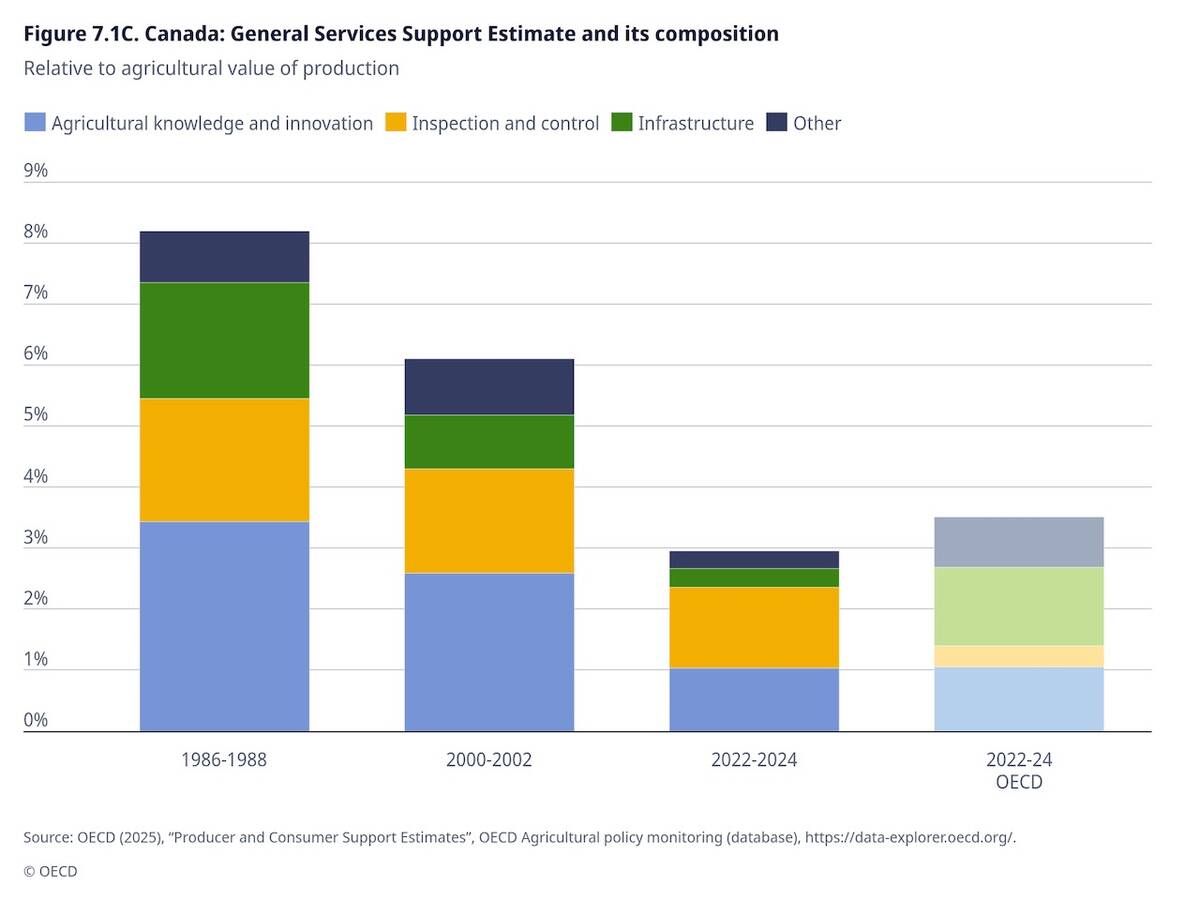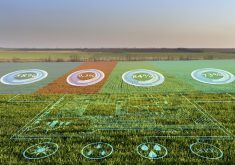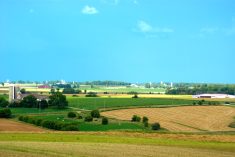Whether we know it or not, data is being gathered with every Facebook visit, link click, or Google map search we make. Smartphones transmit information about our location and activities; every online purchase provides someone with information that is used and analyzed.
Most people have no idea this is happening and most certainly no idea about what is being done with the information they’re providing.
The launch of a new blockchain-based platform called mPowered aims to change that by giving people more control over their own data, says co-founder Joel Sotomayor, and agriculture will be the system’s first big use case.
Read Also

OECD lauds Canada’s low farm subsidies, criticizes supply management
The Organization for Economic Co-operation and Development lauded Canada’s low farm subsidies, criticized supply management in its global survey of farm support programs.
Why it matters: Many farmers are not using available technology due to concerns with data privacy. A system that secures farm data could improve that adoption.
Technology is widely adopted in agriculture with vast amounts of data being collected, and mPowered will give farmers that ability to monetize some of that data.
“Farmers are told (by companies) to try this sensor or this widget, but aren’t compensated for it,” Sotomayor said. “Our whole system is about giving farmers the knowledge that, first, they can control their data and second, decide whether they want to make it publicly available where somebody can buy it.”
According to Sotomayor, mPowered won’t own any of the data it holds but will simply provide the ecosystems for data owners — in this case, farmers — to decide whether they want to sell their data to companies looking to buy it.
The team at mPowered, based in Guelph, has built its own blockchain that lets farmers set up their own vault to store their data in an encrypted format. This could be information coming from an in-barn sensor system or even just basic data about the farm business itself, like what crops are being produced.
Companies looking for agriculturally-relevant data can then put out a request to users on the blockchain for the type of information they are looking for and how much they are willing to pay for it, and farmers can decide what they wish to share and at what price.
There’s no cost to farmers for using the platform; according to Sotomayor, mPowered’s revenues will come through a percentage received from the buyers of the data.
“On all the data you collect, you can decide what data attributes you make available into the marketplace,” he said. “If a company comes in and wants to purchase your data, they have to say what they plan to do with it.”
One thing the system won’t do, however, is stop what is called passive data collection. If a grower is using a certain branded product and the company providing the product is collecting data through the grower’s use of that product, this will continue. But mPowered will give that grower the option of making money from other companies wishing to access that same data.
“Aggregated data is always worth more so as a farmer, you can get together with others and create a network to collectively sell your data and then control the distribution of that,” Sotomayor said.
One person who is excited about the potential of the new system for agriculture is Mark Beaven, currently executive director of the Canadian Animal Health Coalition.
“What Joel and his team have been able to do is going to truly put the ownership of the data back into the hands of those generating it,” he said. “This is revolutionary, it’s overdue and it puts the power back into individual hands when it comes to data.”
Beaven, who is a member of mPowered’s strategic advisory panel, said businesses that are seeking verifiable data to improve products or services, such as a nutrition company looking for data on laying hens to help improve their formulas, for example, could use mPowered to ultimately offer better products to the industry.
“There are other industries that are heavily reliant on technology, but most of those are at the corporate level. In farming, it’s at the individual level and when you start thinking outside the box, you can see the benefit this can provide,” he said.
Sotomayor acknowledged that raising awareness around data ownership and use will be important, so an information campaign will launch in late winter for agricultural users while the development team finishes work on the system’s infrastructure.
Sotomayor, received FedDev federal government funding for mPowered, is a serial entrepreneur who has launched other innovative agricultural systems. Be Seen Be Safe is a geo-fence system that automatically logs visitors to a farm property. Farm Health Monitor provides real-time surveillance, reporting and mapping for livestock and poultry disease outbreaks, and Transport Genie is a sensor-based system that monitors animal welfare when livestock are in-transit.












